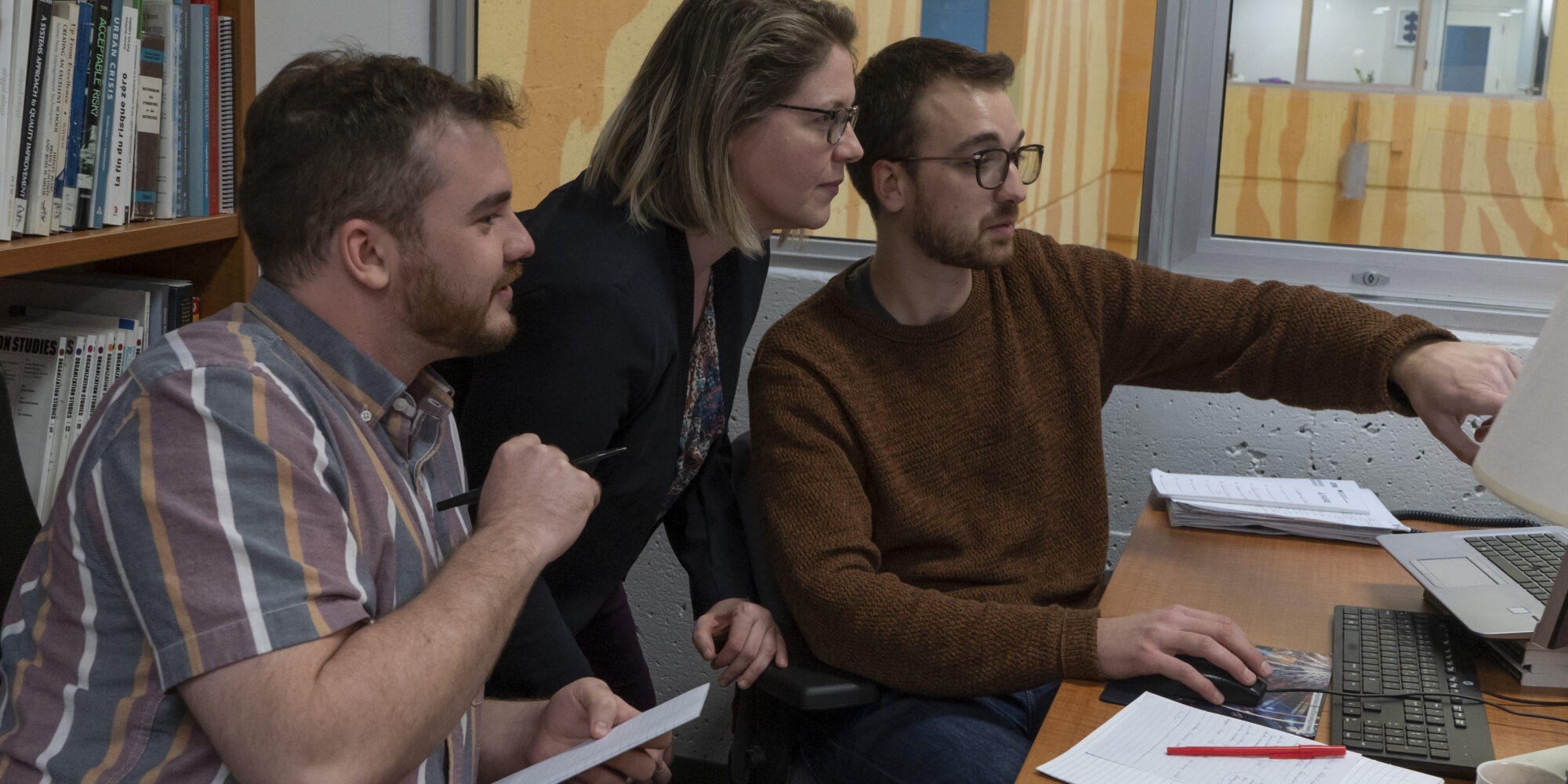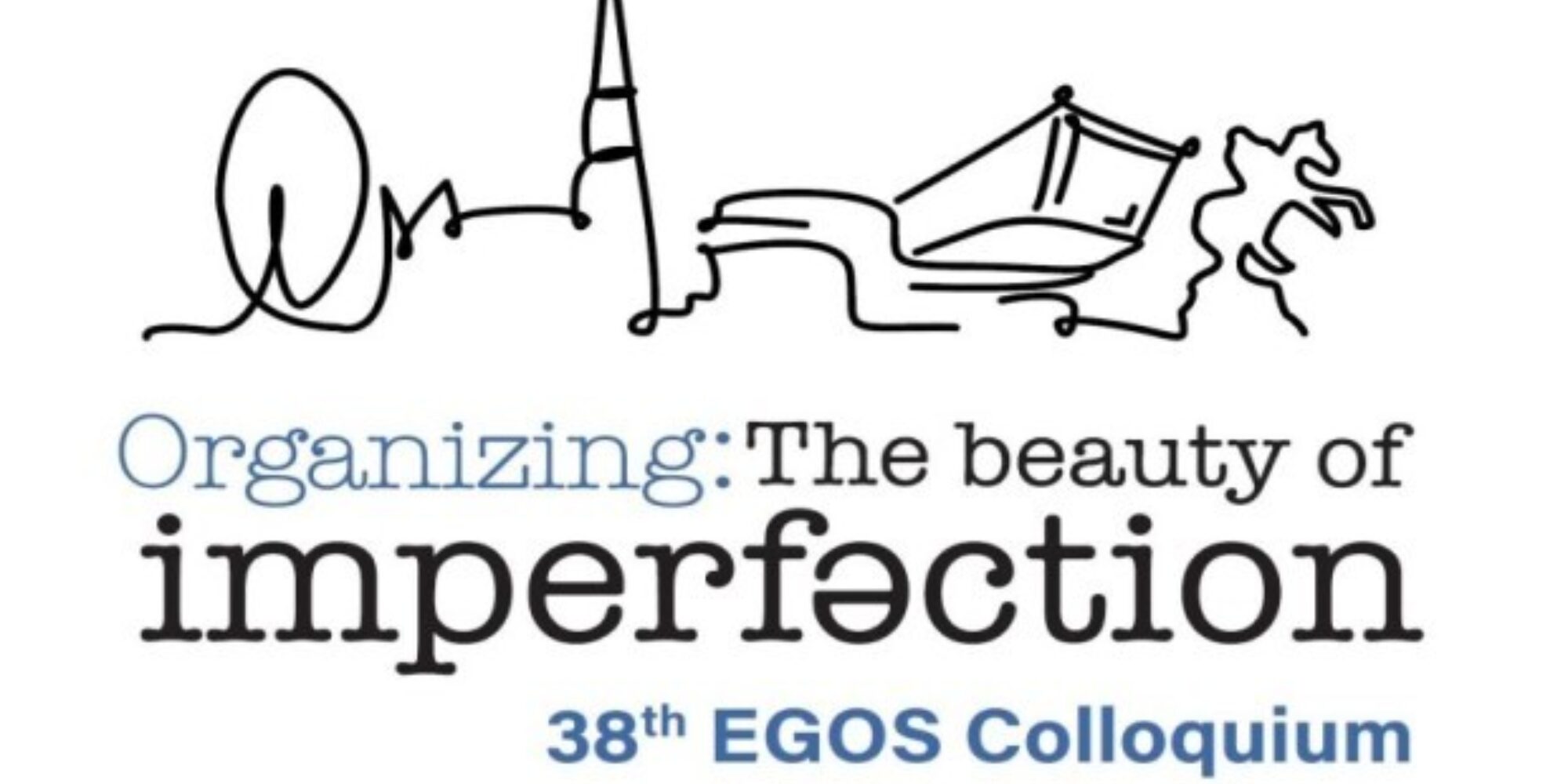Nov 18, 2021
Recovering collectively: the case of Quebec City

To better recover from a crisis, cities must deploy exceptional measures, adopt collective approaches, break down internal silos and strengthen their coordination capacities. But how are these practices implemented and how can they be used to address other collective challenges that communities face? To answer these questions, the Cité-ID has developed a research project in collaboration with the City of Quebec. The analysis will focus on internal and external recovery processes and practices adopted in the aftermath of the Quebec City mosque attack and COVID-19. To consult the details of the research project, click here....
Nov 16, 2021
The response of digital technologies to COVID-19

The COVID-19 pandemic has accelerated the digital shift in public health information systems around the world. However, at the start of the pandemic, Quebec’s public health information systems were not prepared to respond to a crisis like this one. Problems related to the integration and interoperability of systems were highlighted. The research carried out by Cité-ID, in collaboration with OBVIA, on the use of digital tools by public health in Quebec and by regional offices has made it possible to understand the complexity of the information system of public health in Quebec and identify the technological and organizational factors that limit and facilitate the resilience of the system. Due to the weaknesses of the public health information system, several network players have mobilized their capacity for innovation and adaptation to better manage the crisis by developing new tools. The integration and consolidation of these information systems pose major challenges for the future. ...
Nov 14, 2021
Social Links and Resilience to COVID-19

Several studies have shown that individual and collective resilience following a crisis depends to a large extent on the and the quality of individuals’ social ties. While social bonds have been weakened and transformed by the pandemic, how is it possible to preserve and strengthen? After an analysis of the effects of the pandemic on social ties in the six boroughs of Montréal, researchers from Cité-ID proposed to be more concerned with the quality of social ties in the process of collective recovery in the face of COVID-19. It is recommended to intervene to break the cycle of isolation created by the pandemic for people who already benefit from a restricted social network. Second, a strategy should be developed to avoid a decrease in social cohesion due to an increase in distrust of young adults and strangers during the pandemic. Finally, the types of social links must be strengthened in anticipation of crises, in particular by strengthening a strong and coordinated social infrastr...
Nov 10, 2021
Call for scientific contributions on city governance according to sustainable development goals

You are working on the topic of managing and organising smart and livable cities “Smart and Livable Cities”? We invite you to submit a scientific paper for the next international conference of the European Group for Organizational Studies (EGOS) by 11 January 2022. The Director of Cité-ID, Marie-Christine Therrien, co-organizes a three-day scientific panel on “Smart and Livable Cities: Sustainable Development Goals in Urban Governance and Organization” with her colleagues Karl-Heinz Pogner (Copenhagen Business School) and Gianluca Miscione (University College Dublin). The scientific conference will take place from 7 to 9 July 2022 at the 38th EGOS Symposium at the Vienna University of Economics and Buisness.For more details, click here....






